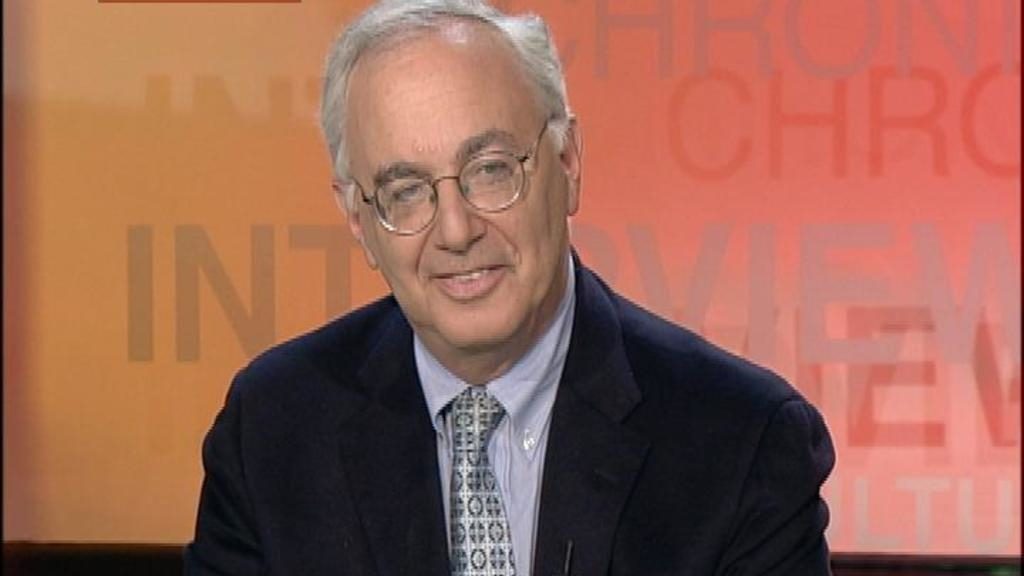RIO DE JANEIRO, BRAZIL – The harsh manifesto signed by 17 of the most respected jurists in the world could not be any more clear–
“The institutional coup in Brazil, which began with the unjustified impeachment of former President Dilma Rousseff and culminated in the imprisonment without evidence of former President Lula, with the sole purpose of excluding him from the presidential race so as to pave the way for the neoliberal project and the country’s framing under the helm of the White House.”

They state that the revelations of the scandal of the messages exchanged between prosecutor Deltan Dallagnol, coordinator of Operation Lava Jato, and Sérgio Moro, who convicted Lula, “appalled all legal professionals,” as reported by Mônica Bergamo, in Folha newspaper.
“We were shocked to see how the fundamental rules of due process of Brazilian law were violated without any shame,” they wrote in the text. “In a country where justice is common to all, a judge cannot be both a judge and a party to a lawsuit.”
They continue: “Due to these illegal and unethical practices, the Brazilian justice system is currently undergoing a serious credibility crisis within the international legal community.”
The jurists signing this manifesto come from countries such as France, Spain, Italy, Portugal, Belgium, Mexico, USA, and Colombia.
Read below the full article and all its signatories
Lula was not tried, he was the victim of political persecution
We, lawyers, jurists, former Ministers of Justice and former members of Supreme Courts of Justice of several countries, would like to call for reflection by the judges of the Federal Supreme Court and, more broadly, public opinion in Brazil to the grievous flaws of the cases brought against Lula.
The recent revelations by journalist Glenn Greenwald and The Intercept news team, in partnership with the newspapers Folha de S.Paulo and El País, Veja magazine, and other media outlets, have astounded all legal professionals. We were shocked to see how the fundamental rules of due process of Brazilian law were violated without any shame. In a country where justice is common to all, a judge cannot be both a judge and a party to a lawsuit.
Sérgio Moro not only conducted the proceedings in a biased manner, but he directed the prosecution from the beginning. He manipulated the award-winning leniency agreement procedures, directed the work of the Federal Prosecutor’s Office, demanded the replacement of a prosecutor with whom he was not pleased, and directed the prosecution’s communications strategy.
In addition, he wiretapped Lula’s lawyers and refused to comply with the decision of a judge who ordered Lula’s release, thereby grossly violating the law.
Today, it is clear that Lula was not given a fair trial. According to Sérgio Moro himself, he was convicted by “undetermined facts”. A businessman whose testimony led to one of the former president’s convictions even admitted that he was forced to construct a narrative that incriminated Lula, under pressure from prosecutors. In fact, Lula was not tried, but was and is the victim of political persecution.
As a result of these illegal and unethical practices, the Brazilian justice system is currently undergoing a severe credibility crisis within the international legal community.
It is imperative that the judges of the Federal Supreme Court fully exercise their functions and be the guarantors of respect for the Constitution. Simultaneously, we expect the Brazilian authorities to take all necessary steps to identify those responsible for these very grave procedural misconducts.
The fight against corruption is today a crucial issue for all citizens of the world, as is the protection of democracy. However, in Lula’s case, not only was justice used for political purposes, but the rule of law was clearly disrespected in order to exclude the former president from the political dispute.
There is no rule of law without respect for due process. And there is no respect for due process when a judge is not unbiased but acts as chief prosecutor. In order for the Brazilian judiciary to restore its credibility, the Federal Supreme Court has a duty to release Lula and annul these convictions.
List of Signatories
Bruce Ackerman, Sterling Professor of Law and Political Science, Yale University
John Ackerman, Professor of Law and Political Science, National Autonomous University of Mexico
Susan Rose-Ackerman, Emeritus Professor Henry R. Luce of Jurisprudence, Yale University School of Law
Alfredo Beltrán, former president of the Constitutional Court of Colombia
William Bourdon, lawyer of the Paris Bar Association
Pablo Cáceres, former president of the Colombian Supreme Court of Justice
Alberto Costa, lawyer, former Minister of Justice of Portugal
Herta Daubler-Gmelin, lawyer, former Minister of Justice of Germany
Luigi Ferrajoli, Emeritus Professor of Law, Rome Three University
Baltasar Garzón, lawyer of the Madrid Bar Association
António Marinho e Pinto, lawyer and former president of the Portuguese Bar Association
Christophe Marchand, lawyer of the Brussels Bar Association
Jean-Pierre Mignard, lawyer of the Paris Bar Association
Eduardo Montealegre, former president of the Constitutional Court of Colombia
Philippe Texier, former judge, Honorary Counselor of the Supreme Court of Appeals of France, former President of the Economic and Social Council of the United Nations
Diego Valadés, former judge of the Supreme Court of Mexico, former Attorney General of the Republic
Gustavo Zafra, former ad hoc judge of the Inter-American Court of Human Rights

